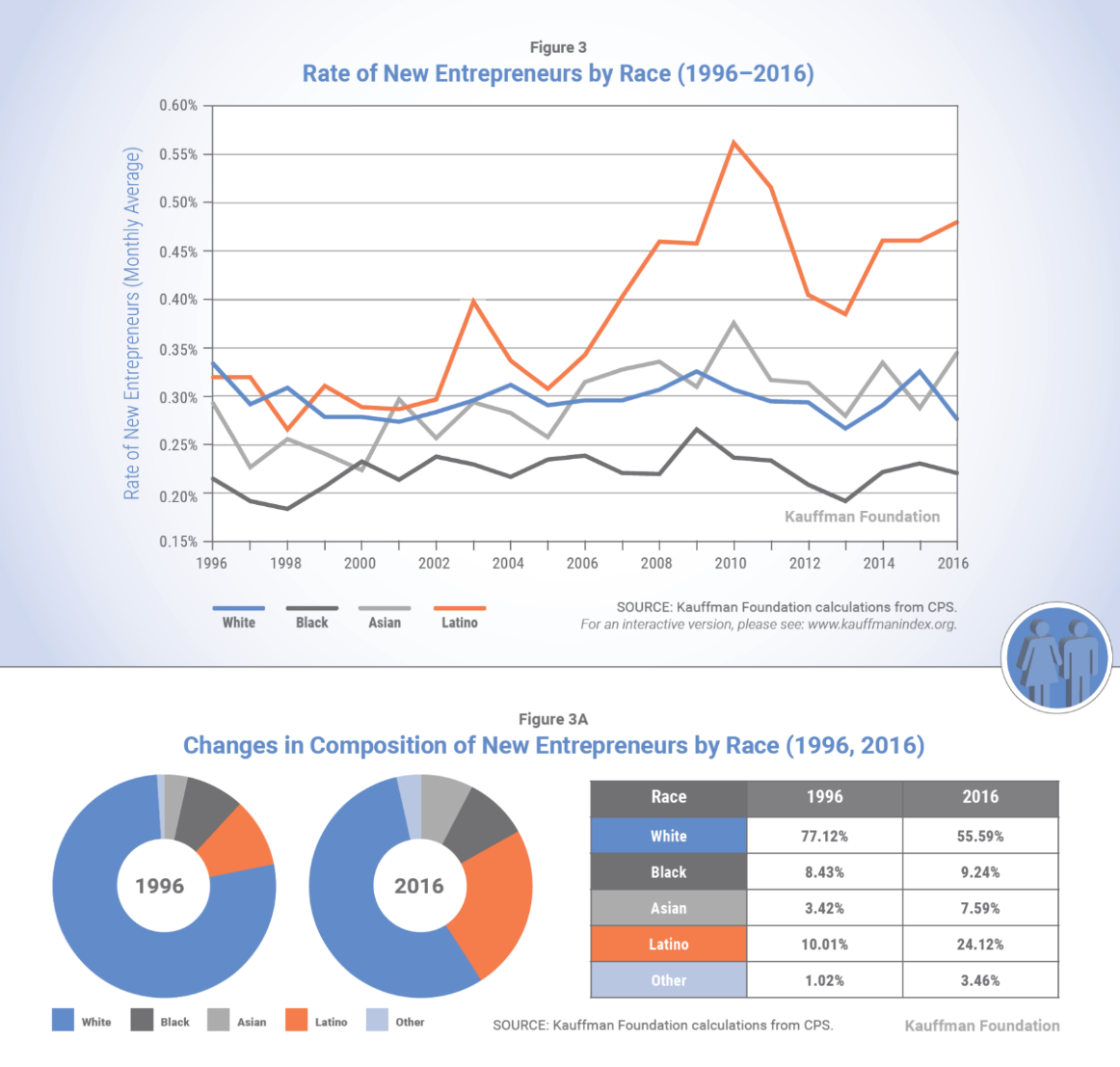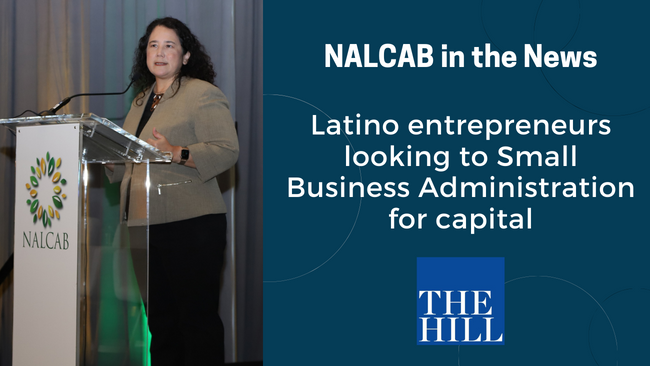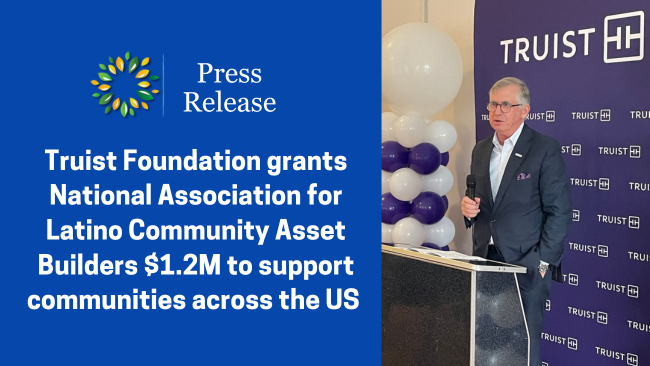
Guest Blog by Rogelio Sáenz, Ph.D.
December 6, 2019
Image: 2017 Kauffman Index of Startup Activity
Ewing Marion Kauffman Foundation.1
Over the last two decades, Latino new entrepreneurship activity has risen significantly, ahead of the level of growth of all other racial groups. This according to a report titled 2017 Kauffman Index of Startup Activity. Figure 3 above (from the report) shows the rate of new entrepreneurs by race between 1996 and 2016.2 The Latino rate of new business startups rose approximately 50 percent over this twenty-year period, outpacing the growth of the other three racial groups. Indeed, Latino rates of new business startups have been higher than those of the other groups every single year since 2002. In 2016, the new entrepreneurship rate of Latinos stood at 480 per 100,000 Latino adults, compared to 340 per 100,000 Asian adults, 280 per 100,000 White adults, and 220 per 100,000 Black adults.3
Given these trends, Latinos have expanded their share of the nation’s new entrepreneurs over the last two decades, rising from 10% in 1996 to 24% in 2016 (see Figure 3a above). Asians, Blacks, and the group designated as “Other” also increased their share among the country’s new business owners, although more modestly than Latinos. In contrast, the percentage share of Whites dropped from 77% in 1996 to 56% in 2016.
It is important to realize that the Kauffman report focused exclusively on new business startups that took place in a given month during a particular year. The report clearly shows that Latinos are starting new businesses at a higher rate than other racial groups. Nonetheless, according to the 2016 Survey of Entrepreneurs, based on the all firms (regardless of when they were started) with paid employees, Latinos accounted for 6.4% of all entrepreneurs in the country (compared to 80.1% for Whites, 10.4% for Asians, 2.2% for Blacks, and 0.9% for all other groups).4 We need to make sure that new Latino startups have the financial support to survive and to enhance further entrepreneurship activity in our Latino community.
Endnotes
1 The full report can be accessed at: https://www.kauffman.org/kauffman-index/reporting/startup-activity/~/media/c9831094536646528ab012dcbd1f83be.ashx.
2 According to the Kauffman report, the rate of new entrepreneurs is the percent of the U.S. adult population that became entrepreneurs, on average, in a given month. For example, assume that the Rate of New Entrepreneurs was 0.33 percent for the United States in a given year. That would mean that, on average, 330 people out of every 100,000 adults became entrepreneurs in the United States in each month (p. 7 in full report, see footnote 1).
3 Latinos can be of any race. Data for Asians, Blacks, and Whites are specifically for non-Hispanics, as such they do not include data for Latinos who classify themselves with a given racial group.
4 Data from the 2016 American Survey of Entrepreneurs can be accessed at: https://factfinder.census.gov/faces/tableservices/jsf/pages/productview.xhtml?pid=ASE_2016_00CSA01&prodType=table.
________________________________________
Rogelio Sáenz is professor in the Department of Demography at the University of Texas at San Antonio. He is co-author of the book titled Latinos in the United States: Diversity and Change. Sáenz is a regular contributor of op-ed essays to newspapers across the country. He can be reached at rogelio.saenz@utsa.edu and on Twitter at @RogelioSaenz42.
Related Posts
January 18, 2024 at 07:54 pm
(THE PLAYFUL PODCAST) Building Community Wealth On ...Posted by Nidia Alvarado
...
October 16, 2023 at 04:33 pm
(The Hill) Latino entrepreneurs looking to Small B ...Posted by Nidia Alvarado
...
August 26, 2023 at 04:09 pm
(WHYY) ‘Cracking the federal code’: New grant ...Posted by Sharon Garcia
...
August 25, 2023 at 12:41 pm
Truist Foundation grants National Association for ...Posted by Sharon Garcia
...








